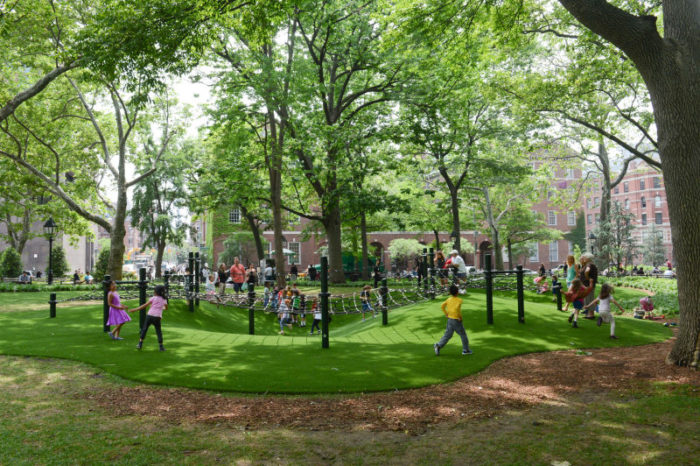Blaming other people is effective at solving problems if you can change other people and you can go back in time to change the past. For the rest of us, blame is effective at polarizing others against you and undermining relationships. If that’s your goal, I recommend it. It’s also effective at making you feel self-righteous and superior, until the polarization kicks in and you feel alienated or like you[…] Keep reading →
If you don’t like measuring your carbon footprint, report how much you fund extraction and lobbying
on April 19, 2024 in Addiction, Leadership, Nature, NonjudgmentThe first result on a search on bp carbon footprint was a Guardian opinion piece Big oil coined ‘carbon footprints’ to blame us for their greed. Keep them on the hook which linked to a piece in Mashsable The carbon footprint sham: A ‘successful, deceptive’ PR campaign. That piece begins: In a dark TV ad aired in 1971, a jerk tosses a bag of trash from a moving car. The[…] Keep reading →
I’m pointing to a brighter future. They keep looking at my hand.
on January 12, 2024 in Models, PerceptionI finally found how to describe how the New Yorker and other outlets covered me: I’m pointing to a brighter future. They keep looking at my hand. The New Yorker wrote how I have dirt under my fingernails, which you get when you dig deep. I can’t blame anyone. It’s no one else’s responsibility for me to be understood. My book should help change this outcome, where I can clarify[…] Keep reading →
Don’t call plastic “green space”
on March 25, 2021 in NatureSpeaking of Washington Square Park, I want to call attention to the children’s hills in the south west corner. Everyone agrees kids benefit from playing in nature, like in woods, on trees, in rivers and oceans, and on grassy spaces. Notice anything wrong with this picture of that space? The kids look like they’re having fun. The trees look like trees. Does the grass look a little too green? Does[…] Keep reading →
You don’t have to overcome adversity to achieve a lot
on March 30, 2015 in Entrepreneurship, Leadership, PerceptionI keep hearing people say that if only they lived in a time of greater crisis, they could have achieved more. They look at George Washington, Abraham Lincoln, Martin Luther King, Gandhi, and other famous leaders and notice they emerged through crises. I read a Harvard Business Review article implying people have to go through crucibles to develop as leaders. You don’t have to overcome adversity to achieve a lot.[…] Keep reading →
A model to rid your life of guilt and blame in favor of getting things done
on April 16, 2013 in Exercises, Leadership, Models[This post is part of a series on “Mental models and beliefs: an exercise to identify yours.†If you don’t see a Table of Contents to the left, click here to view the series, where you’ll get more value than reading just this post.] Do you get that guilt and blame don’t help your life but you can’t stop yourself from blaming others sometimes and feeling guilty other times? Do[…] Keep reading →
People who claim not to judge and blame often do, illustrated
on September 22, 2012 in Blog, HumorEarly in my blog I posted about how people often don’t realize how much they judge and blame, even when they believe they don’t. People often say others judge and blame when the others’ values differ. When they themselves judge and blame they just think they’re calling it like it is. As I wrote then, it’s easy to say you don’t judge or blame when talking about other people’s values[…] Keep reading →


